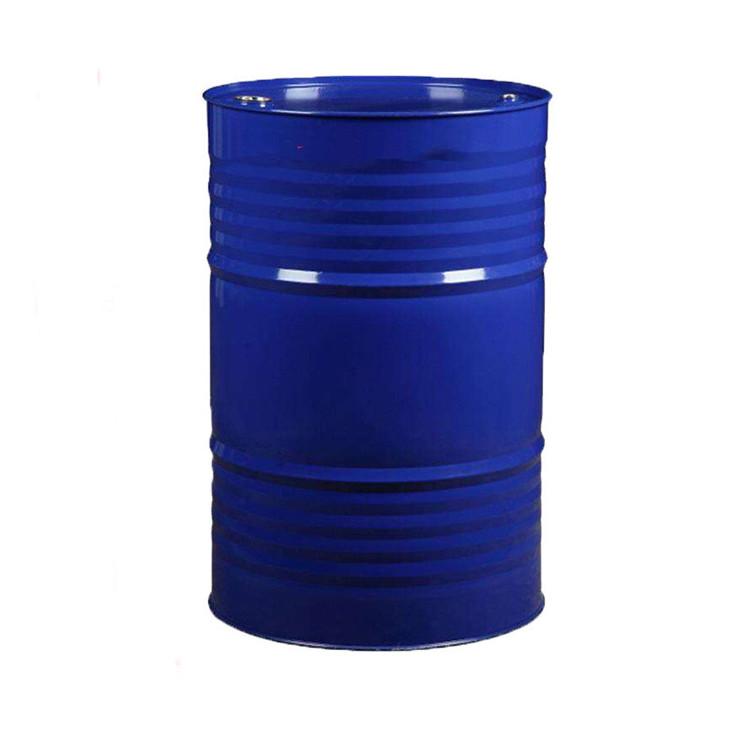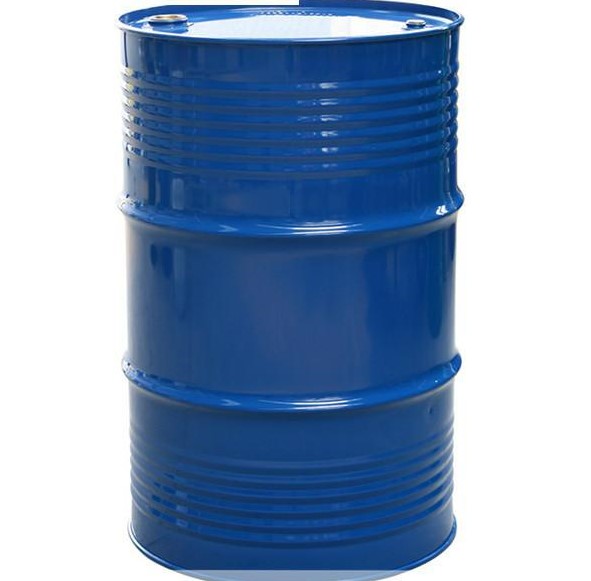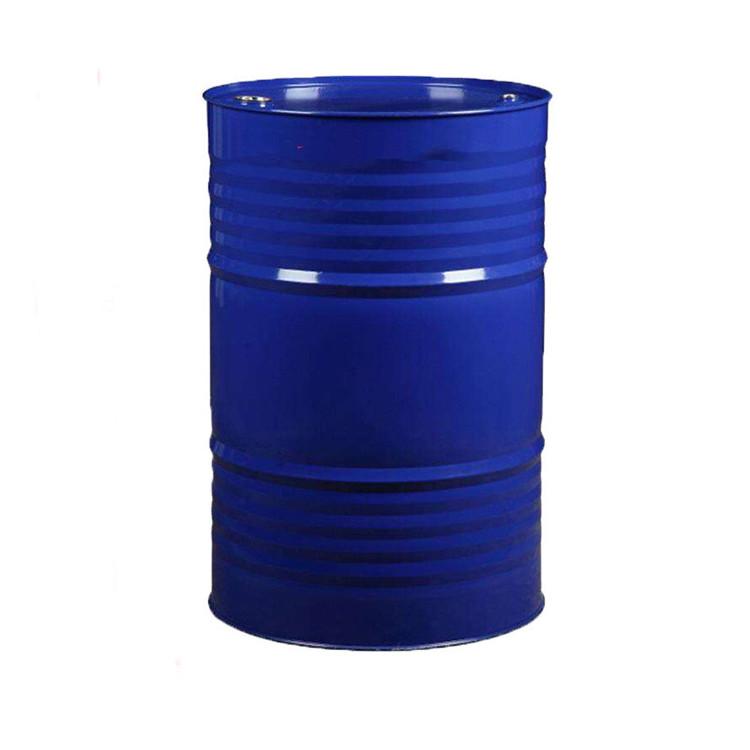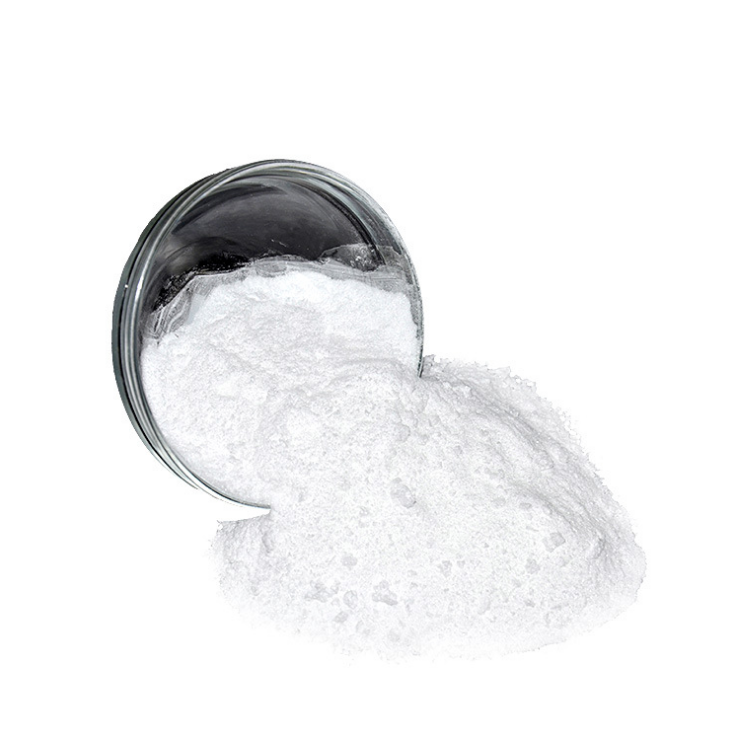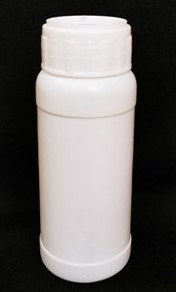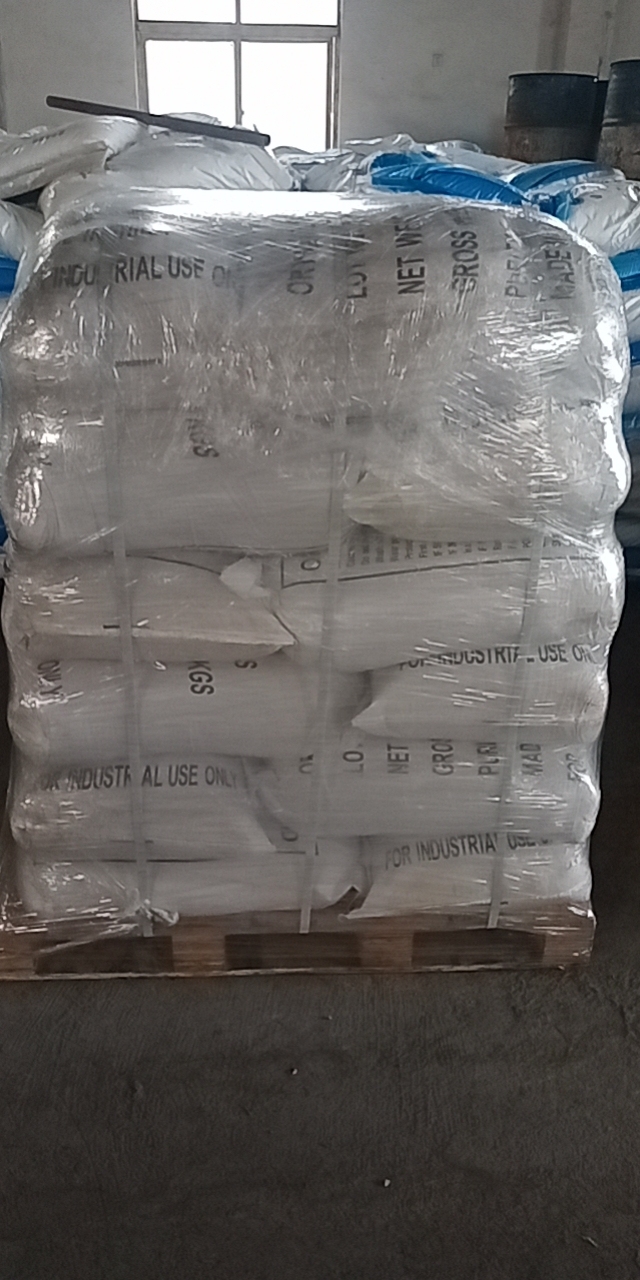CAS:1885-14-9
Molecular Formula:C7H5ClO2
Alias
More Information
Phenyl Chlorocarbonate; Phenyl Carbonochloridate; Carbonochloridic Acid Phenyl Ester; Phenoxycarbonyl Chloride; Formic Acid,Chloro-,Phenyl Ester; Carbonochloridic Acid, Phenyl Ester; Chloroformic Acid Phenyl Ester; Phenylchloroformate; Chlorocarbonic Acid Phenyl Ester; Fenylester Kyseliny Chlormravenci; Phenyl Chloroformatephenyl Ester; Phenyl Chloroformate (Pcf); Phenyl Carbonochloridic Acid; Carbonochloridic Acid; Chlorocarbonic Acid
Brief Introduction
Phenyl chloroformate is a kind of corrosive oily liquid, insoluble in water, soluble in ethanol and ether, easily soluble in petroleum ether. It is an important organic synthesis intermediate and widely used in chemical synthesis. It can be used as polymer catalyst, plastic modifier, fiber treatment agent, and intermediate of medicine and pesticide.
Suppliers
View More Vendors (2) >
CAS:1897-45-6
Molecular Formula:C8Cl4N2
Alias
More Information
2,4,5,6-Tetrachloro-1,3-Benzenedicarbonitrile; TPN; Perchloroisophthalonitrile; Tetrachloroisophthalonitrile; meta-TCPN; 1,3-Dicyanotetrachlorobenzene; m-Tcpn; Chloroalonil; Tetrachloroisophthalodinitrile; 2,4,5,6-Tetrachloroisophthalonitrile; 2,4,5,6-Tetrachlorobenzene-1,3-Dicarbonitrile; 2,4,5,6-Tetrachloro-1,3-Dicyanobenzene; Daconil; 2,4,5,6-Tetrachloroisophthalodinitrile; Bravo; Nopcocide
Brief Introduction
Chlorothalonil is a high-efficiency, low toxicity and broad-spectrum fungicide pesticide. It is widely used in agricultural production because of its good control effect on fungal diseases.
Suppliers
View More Vendors (2) >
Alias
More Information
Banvel; Mediben; 3,6-Dichloro-2-Methoxybenzoic Acid; 2,5-Dichloro-6-Methoxybenzoic Acid
Brief Introduction
Dicamba is a benzoic acid herbicide (benzoic acid). It has the function of internal absorption and conduction, and has a significant control effect on annual and perennial broad-leaved weeds. It is used to prevent and eliminate pig plague, buckwheat vine, Chenopodium, ox hazel, large nest vegetable, sown mother lettuce, Xanthium sibiricum, Boehmeria, Convolvulus convolvulata, spinach, Vitex, carp intestines, etc. After spraying, the chemicals are absorbed through the stems, leaves and roots of the weeds, and are transmitted through the phloem and xylem. It is also used to prevent and remove woody shrubs in farming areas.
Suppliers
View More Vendors (2) >
Alias
More Information
4-Amino-3,5,6-Trichloropicolinic Acid; 4-Amino-3,5,6-Trichloro-2-Pyridinecarboxylic Acid; 4-Amino-3,5,6-Trichloropyridine-2-Carboxylic Acid; 3,5,6-Trichloro-4-Amino-Picolinic Acid; 2-Pyridinecarboxylic Acid, 4-Amino-3,5,6-Trichloro-
Brief Introduction
This product is an auxin herbicide, which is widely used to control broad-leaved weeds.
Suppliers
View More Vendors (2) >
CAS:2176-62-7
Molecular Formula:C5Cl5N
Alias
More Information
2,3,4,5,6-Pentachlorpyridine; 2,3,4,5,6-Pentachloro Pyridine; Pentachloro-Pyridine; 3,5-Dichloro-2,4,6-Trichloropyridine; Pyridine, Pentachloro-; Pentachlor-Pyridin; Pentachloro-Pyridin; 2,3,4,5,6-Pentchloropyridine; Pentapyridine; 2,3,4,5,6-Pentachloro-Pyridin; Perchloropyridine; Pentachlorpyridine
Brief Introduction
It is used as pesticide and pharmaceutical intermediate, and can be used to produce pesticides such as chlorpyrifos and dichloropyridinic acid.
Suppliers
View More Vendors (2) >
Inquiry (
10
/ 10
)
Clear All
Sign In
Error!

